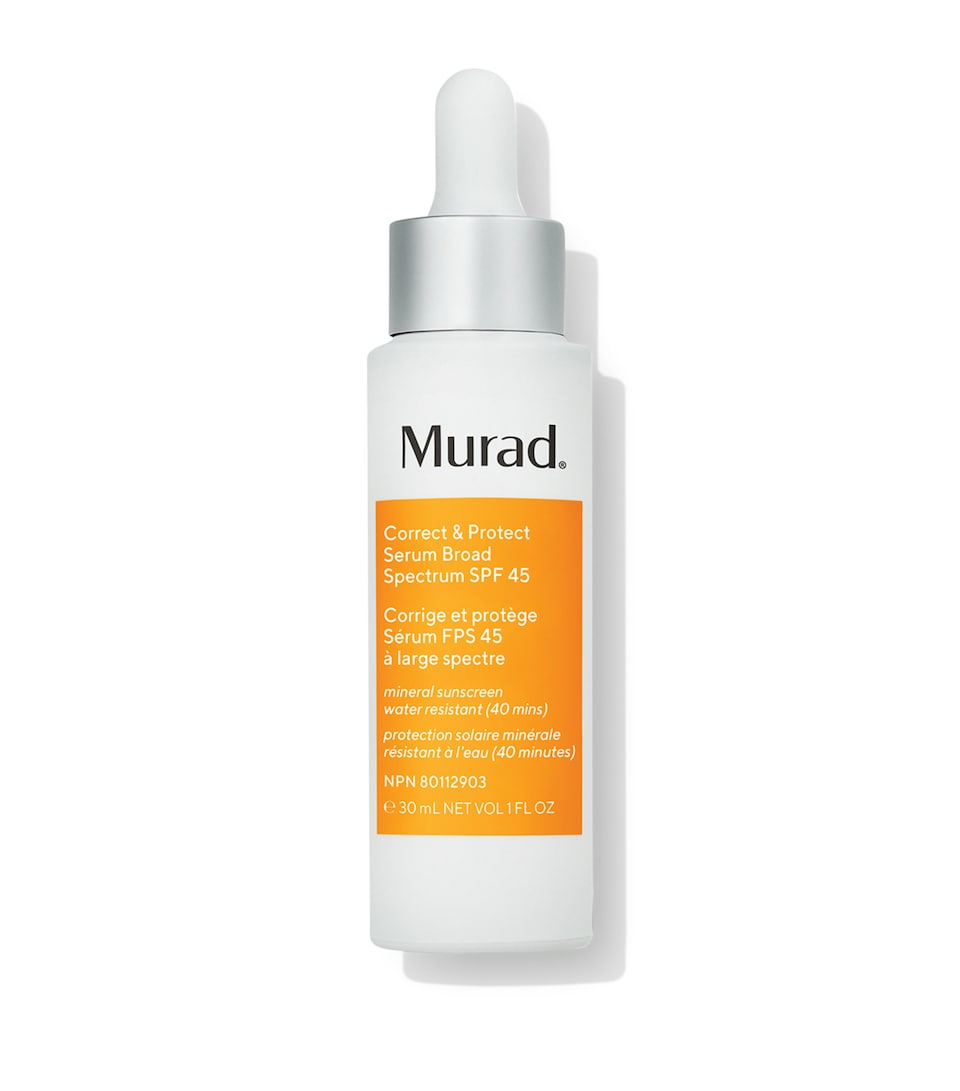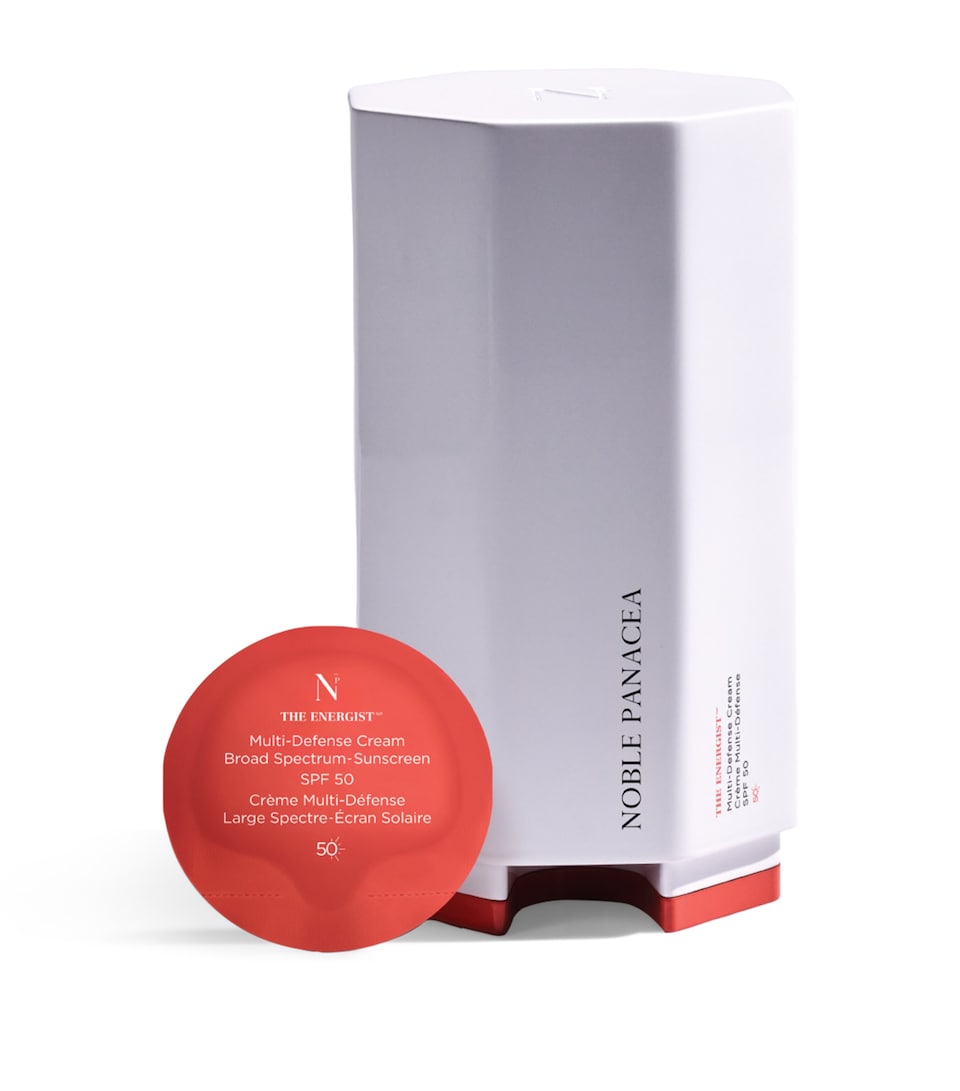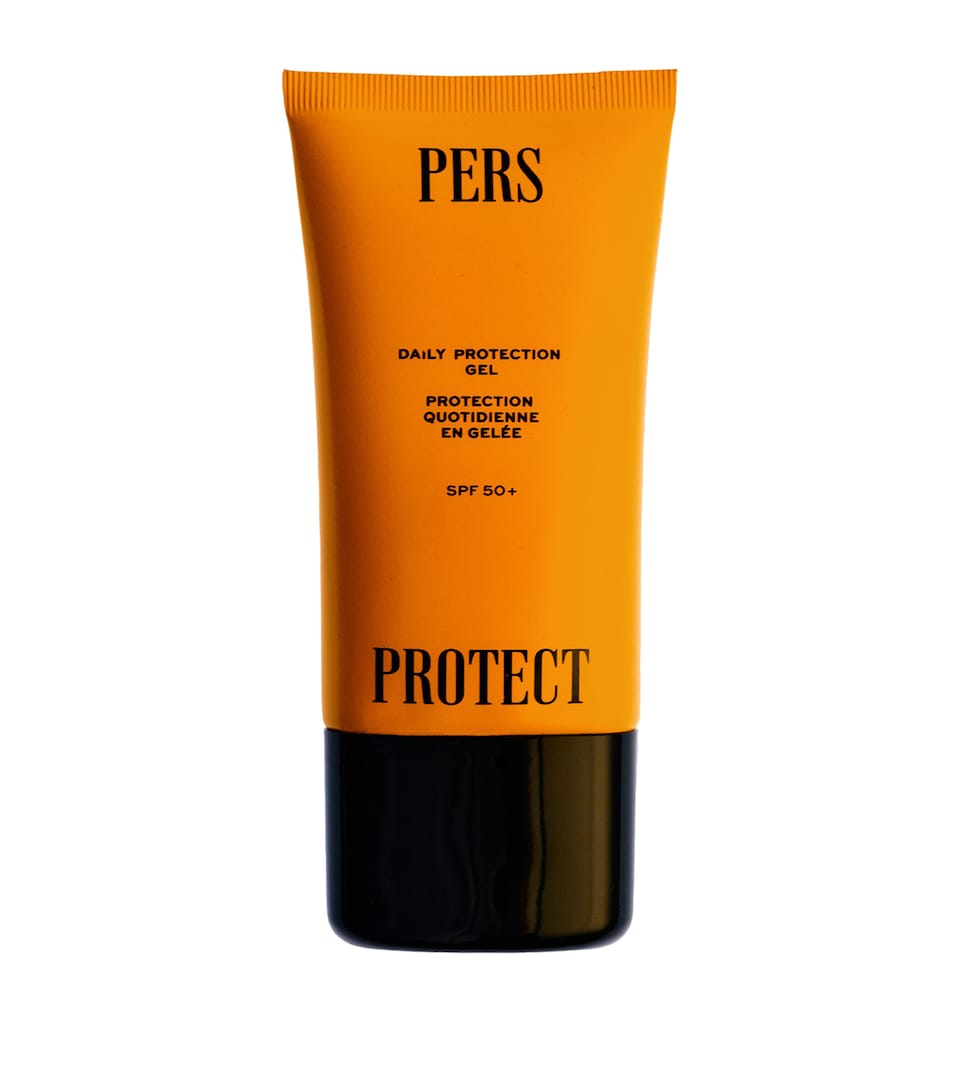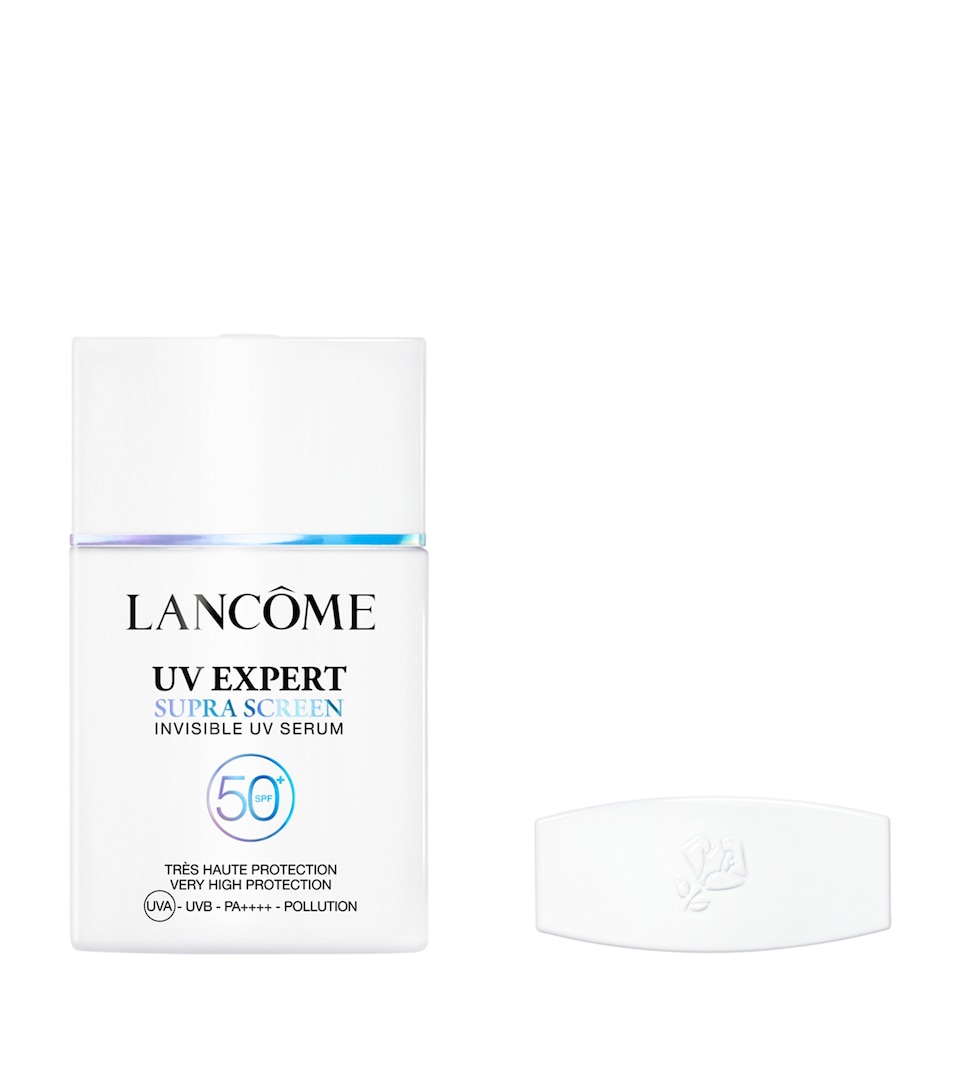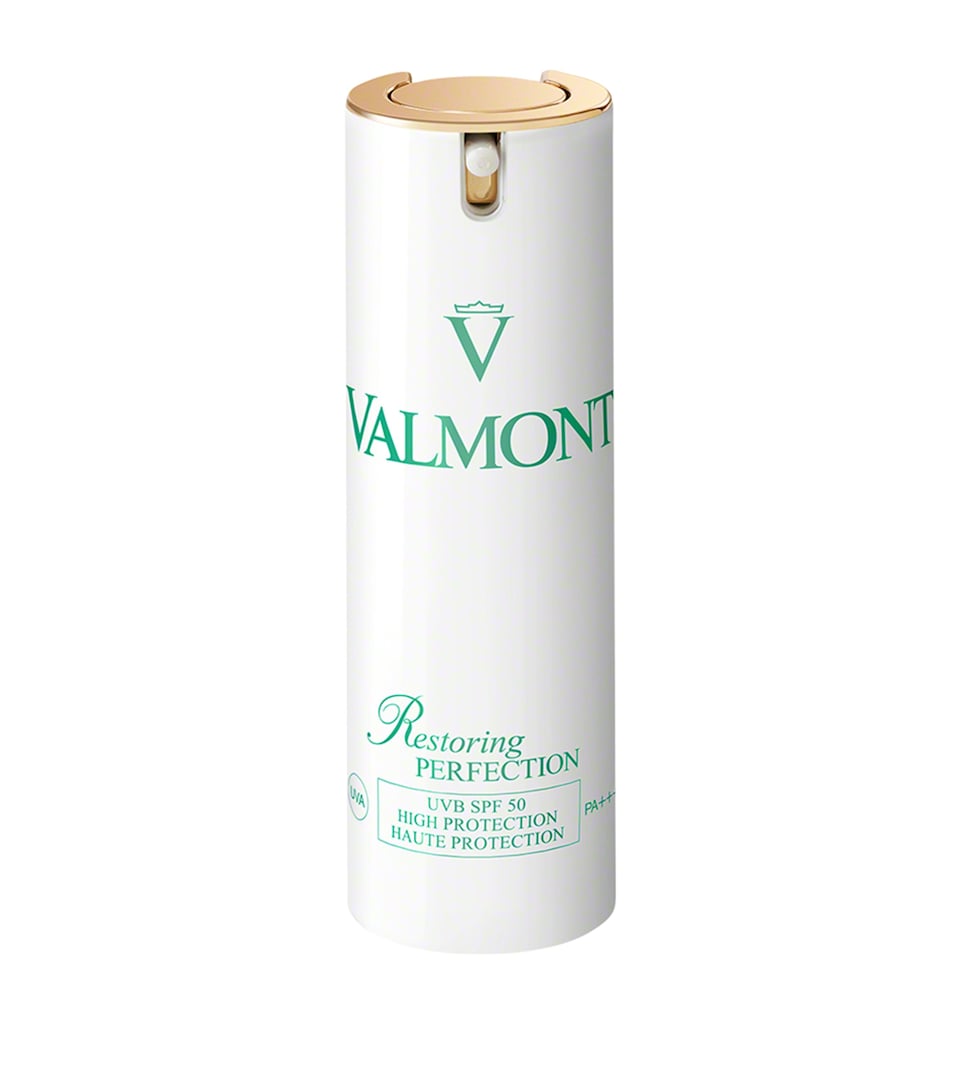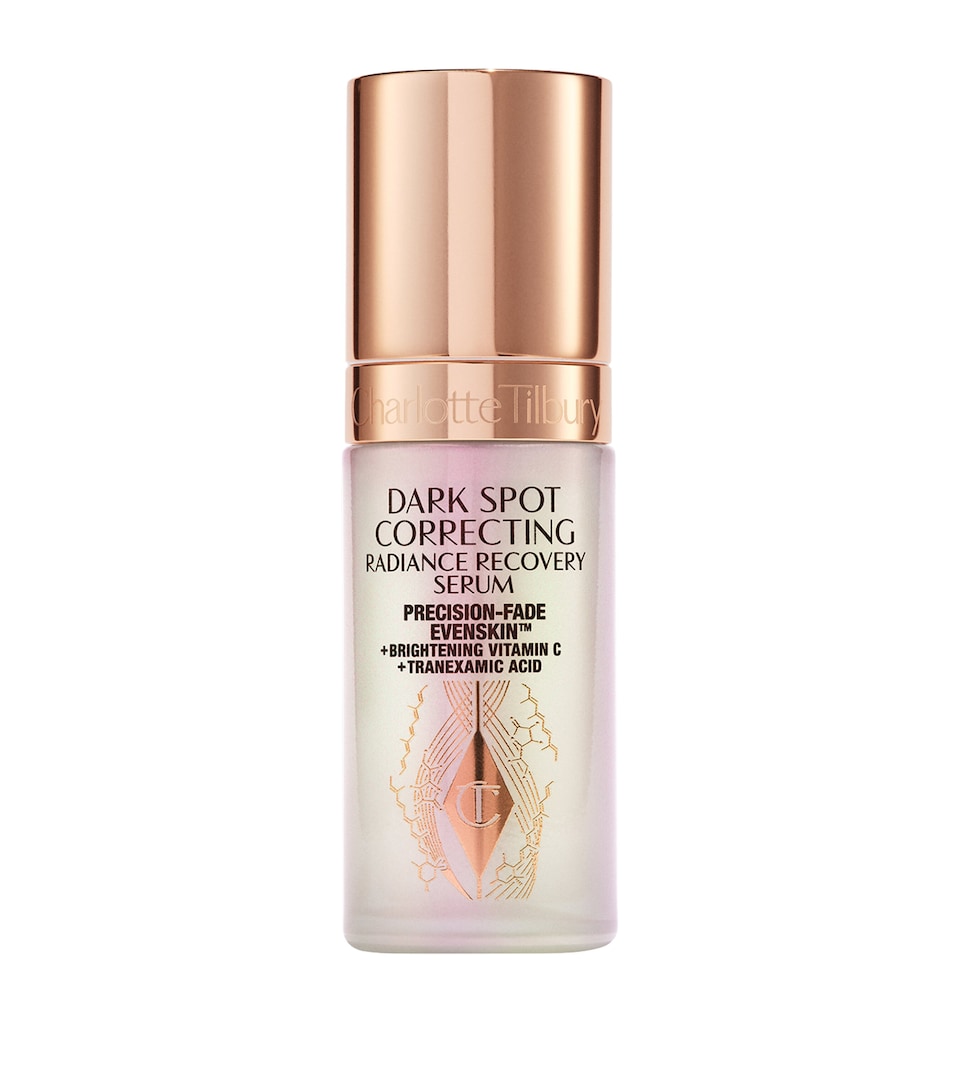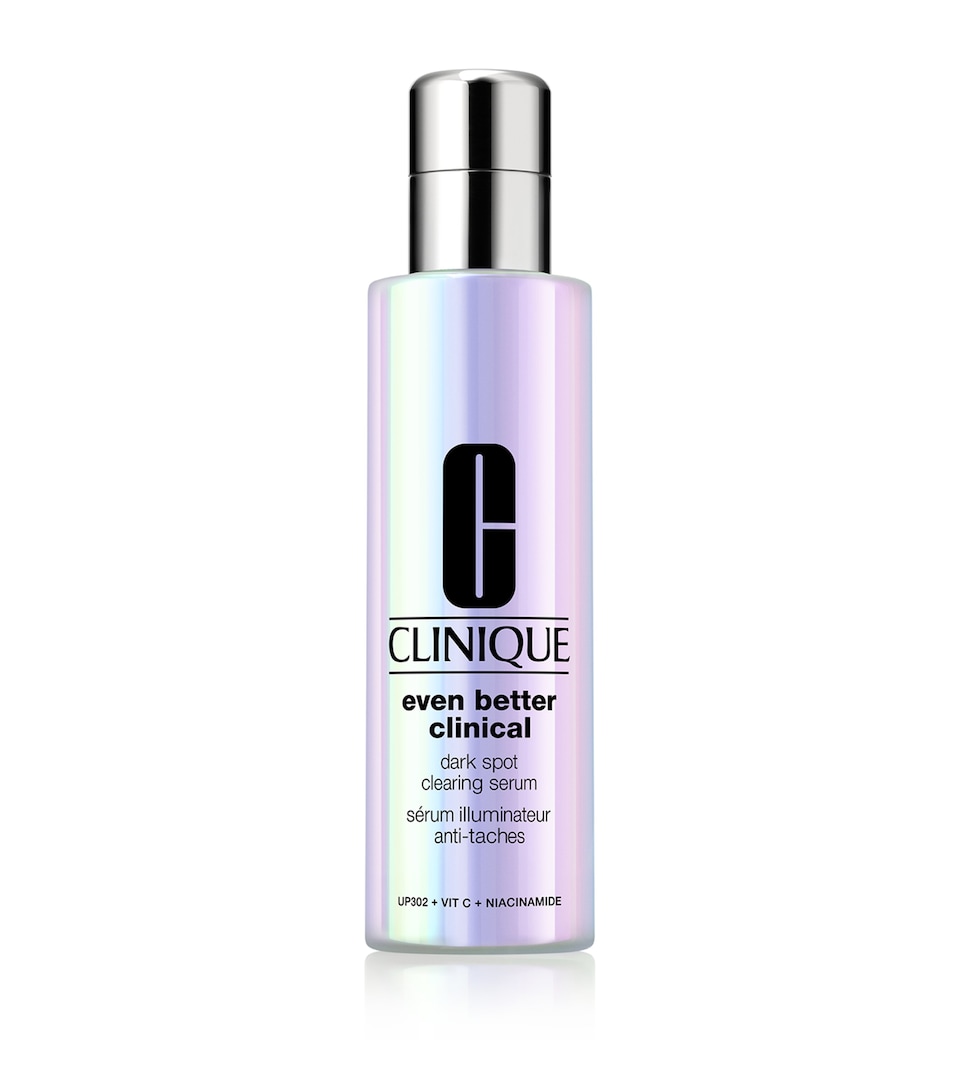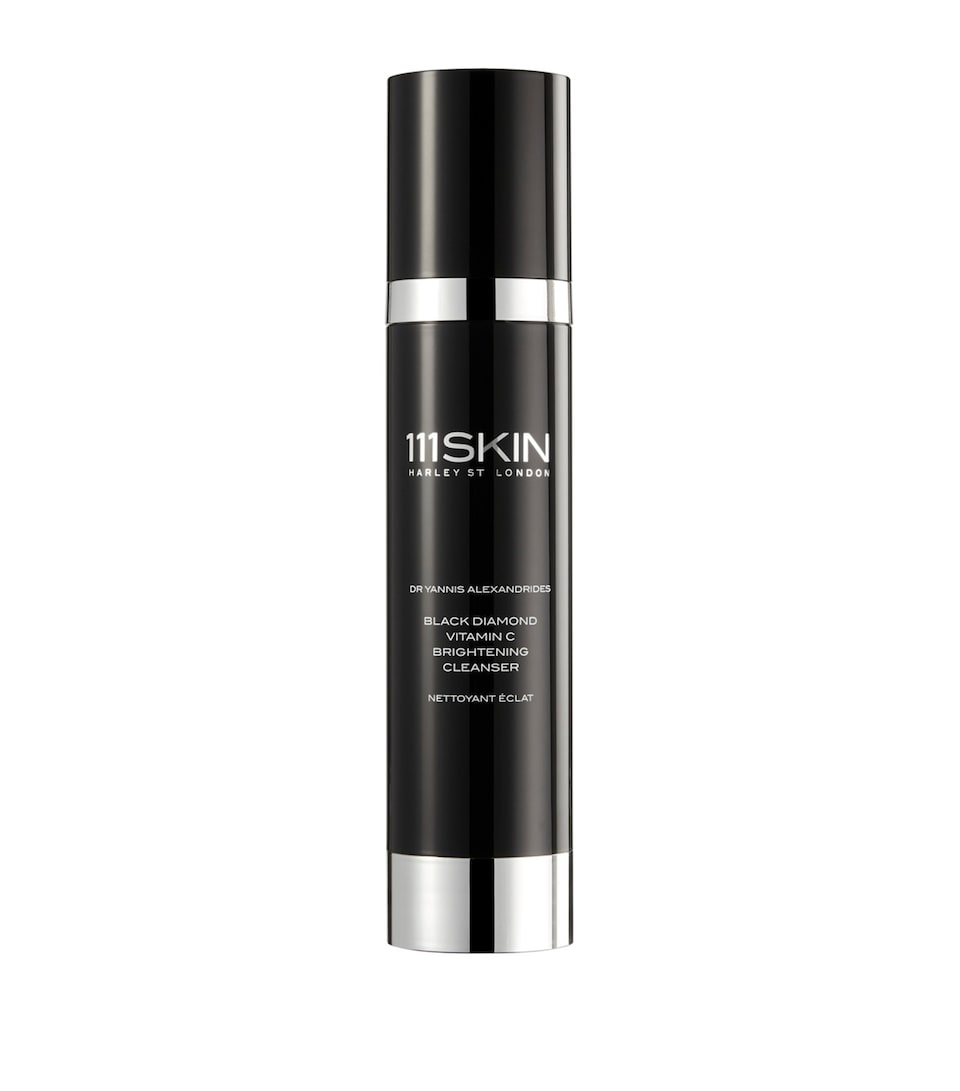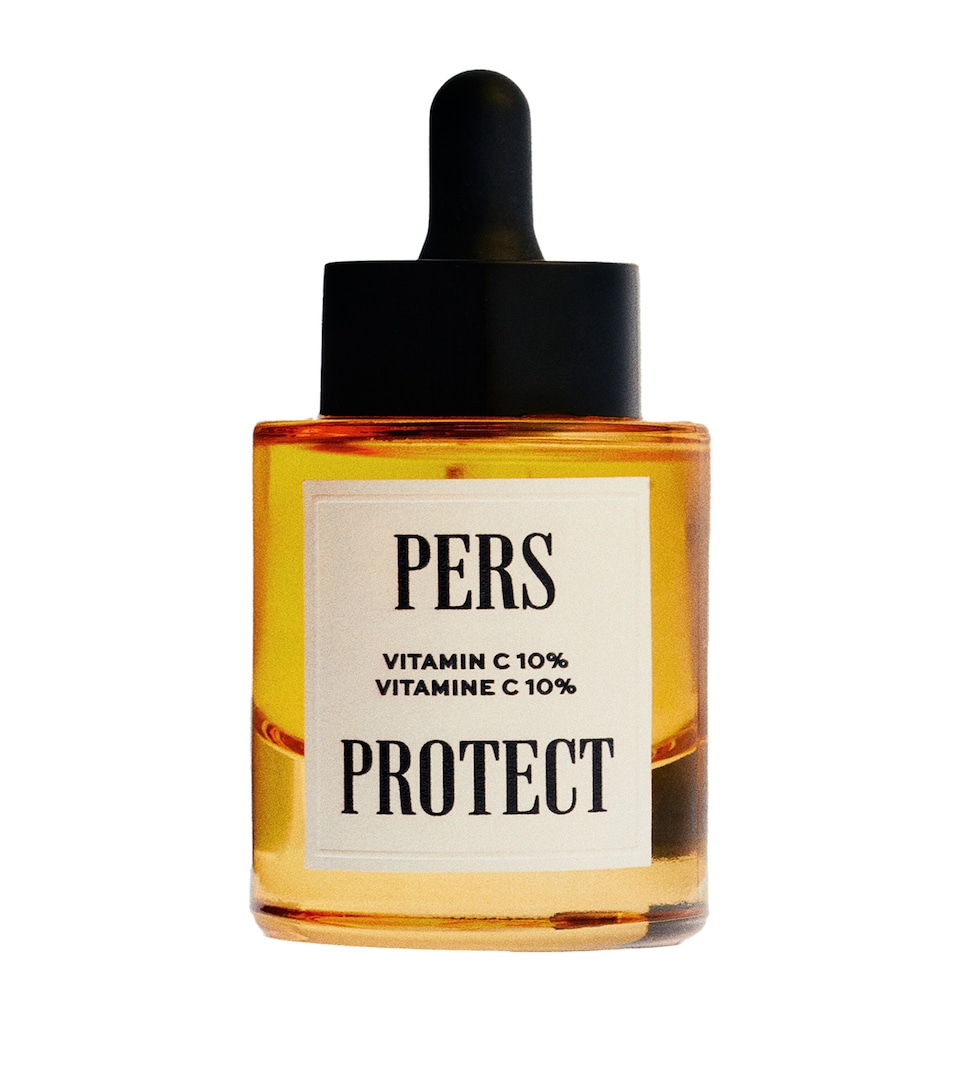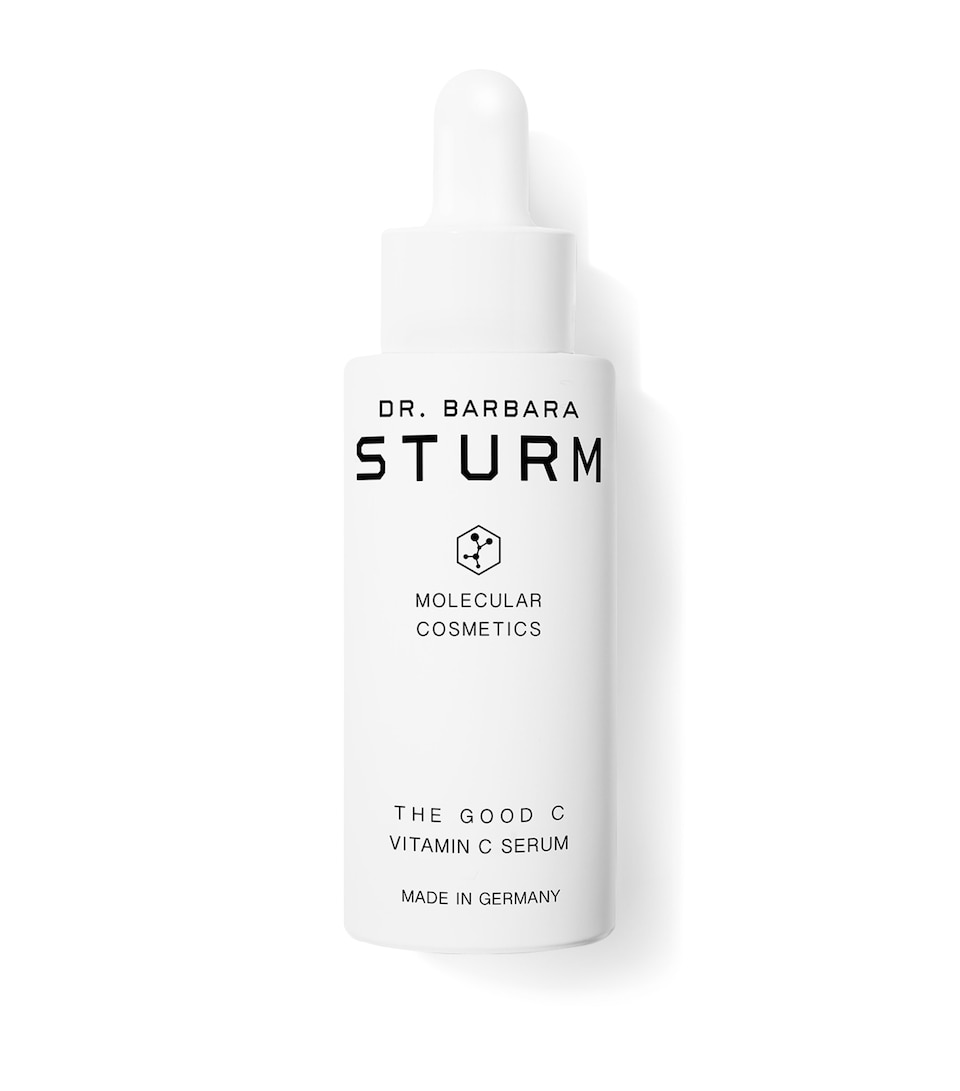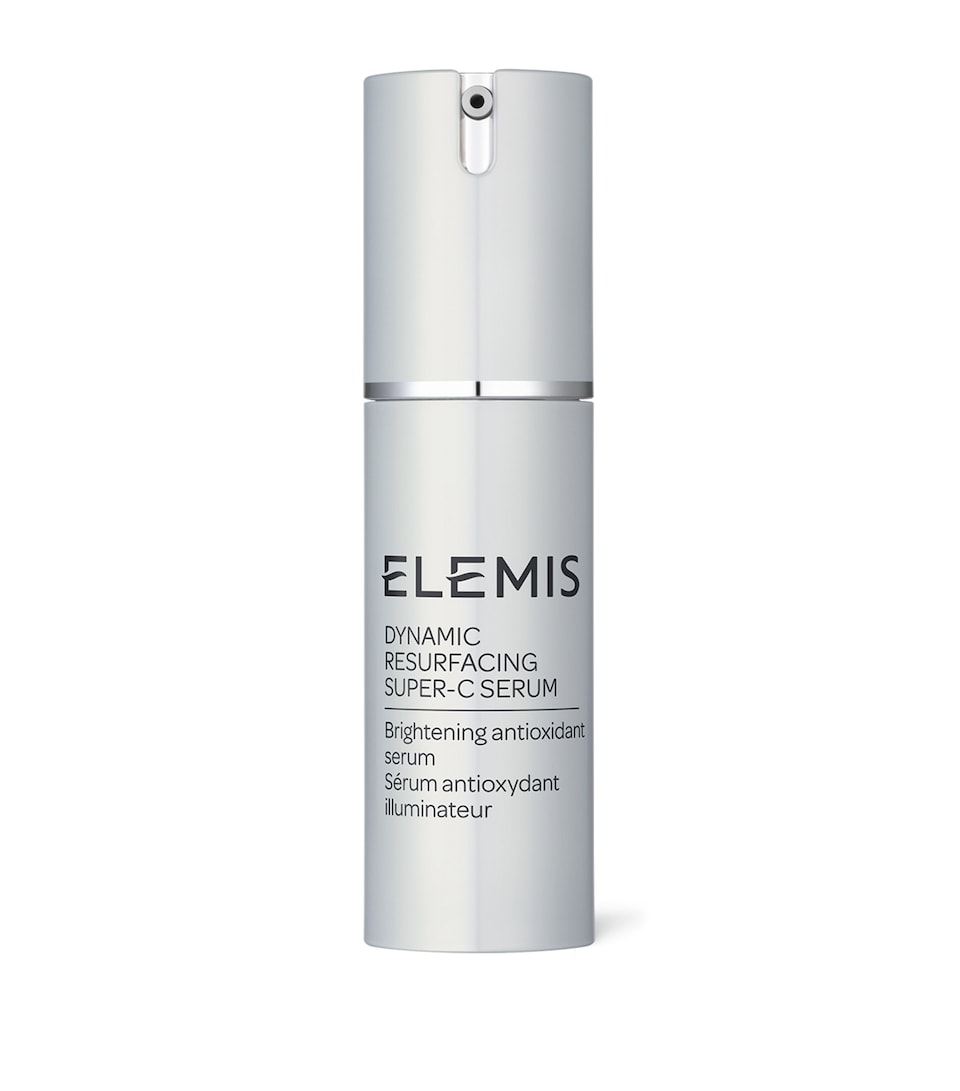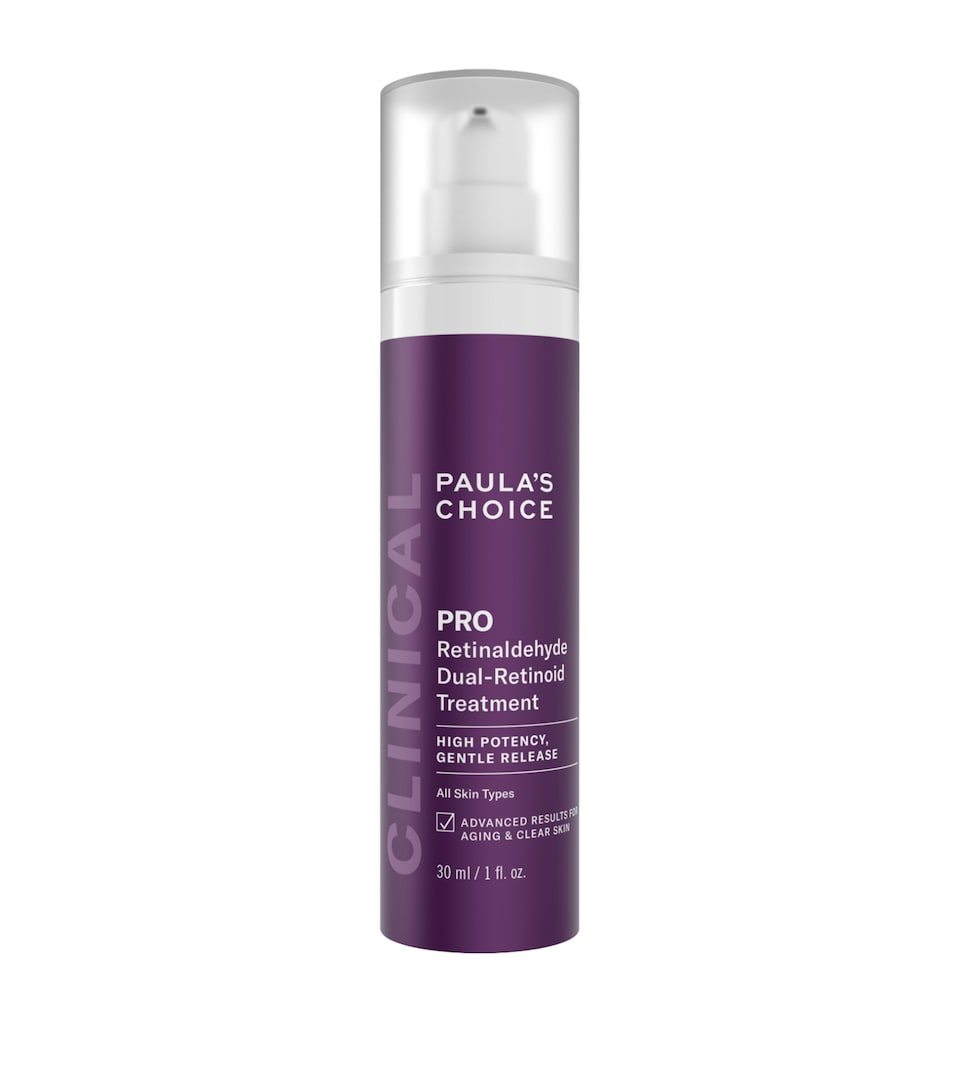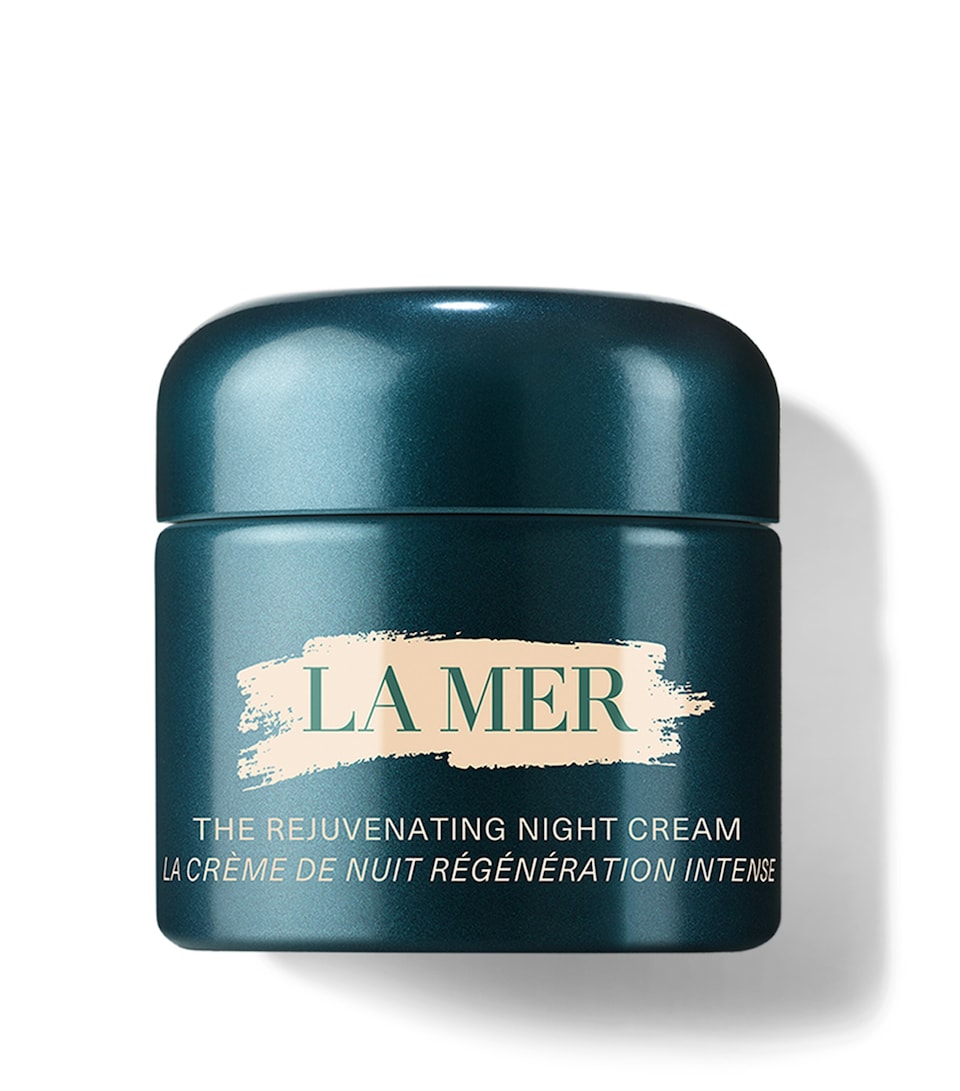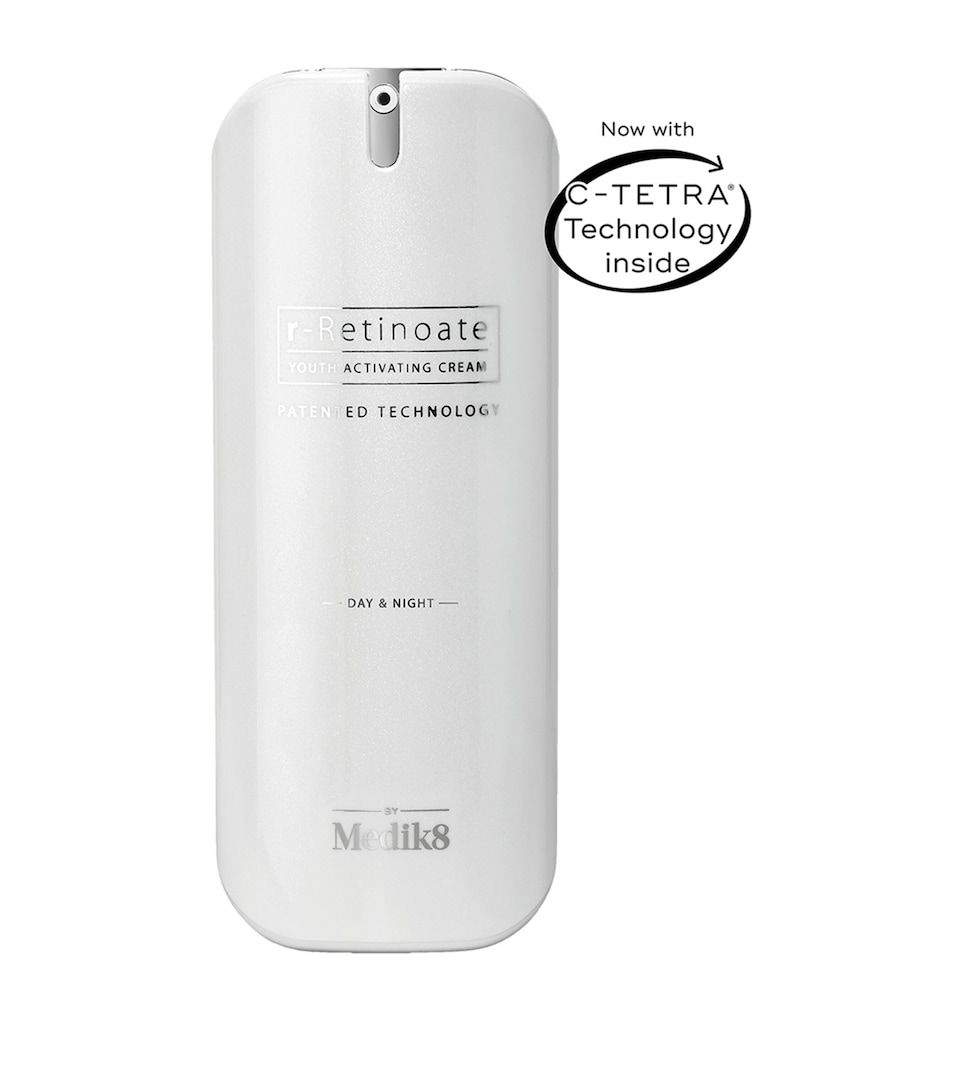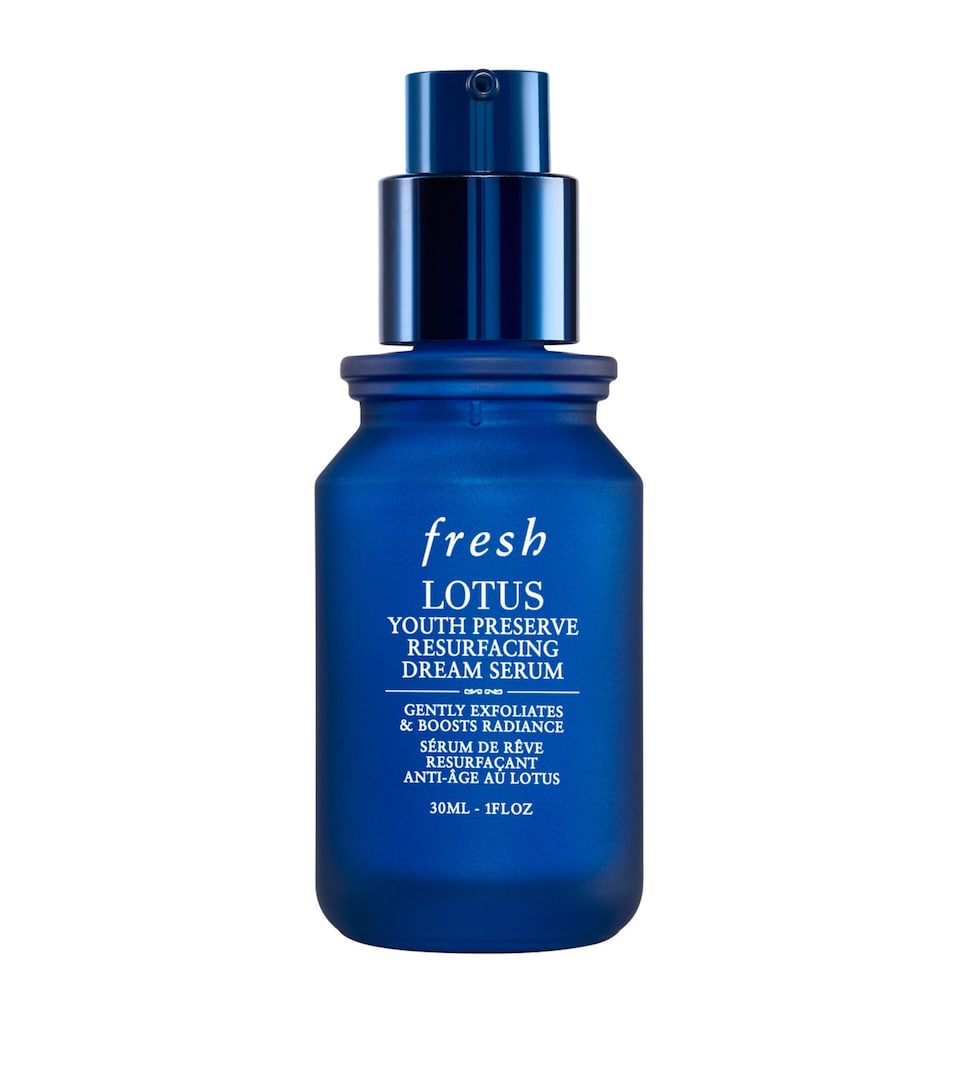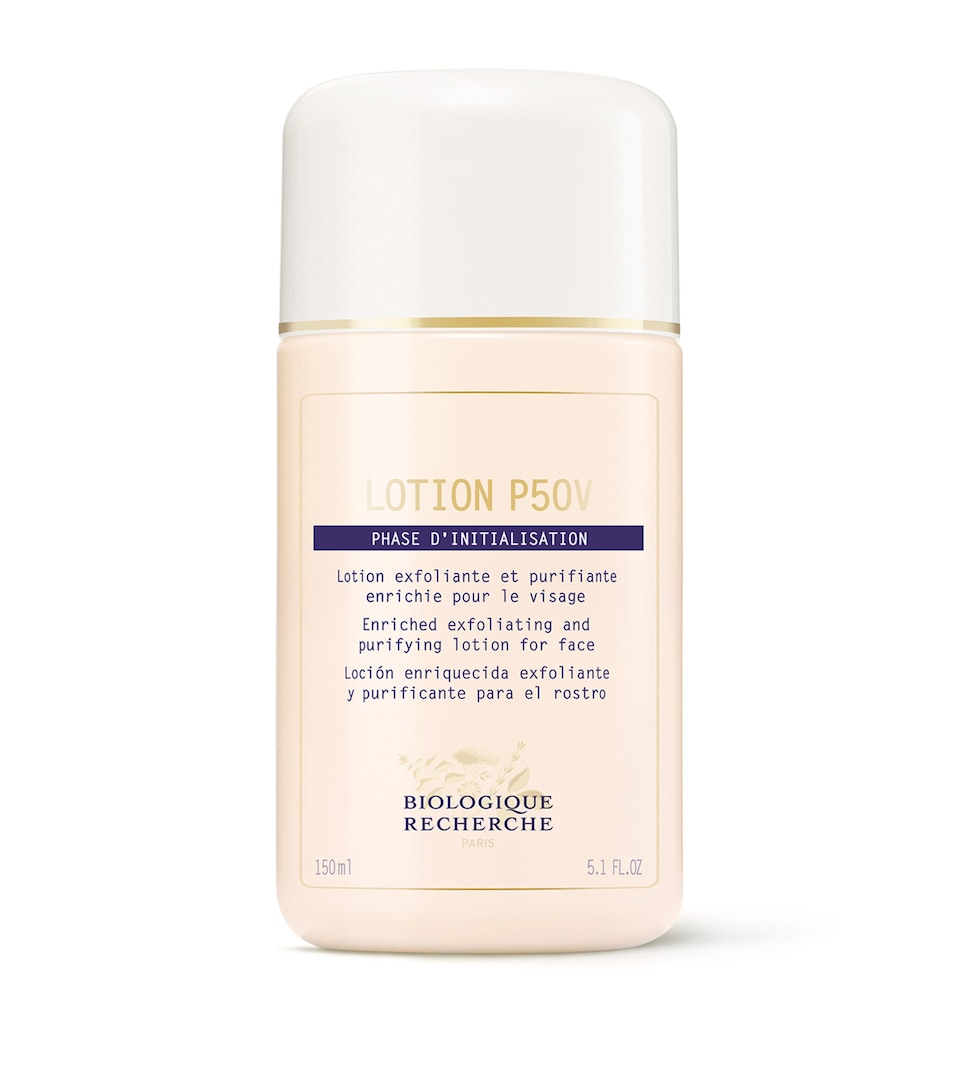Best SPF For All Year Round
“When your skin is exposed to the sun without sun protection, it produces more melanin to protect itself from harmful UVA and UVB rays,” says Dr Sturm, “so it’s important to always use a broad-spectrum sunscreen.” Look for anything over SPF 30, like her own Sun Drops. Like hers, Murad’s offering is boosted with other skincare ingredients like antioxidants, with both coming in a super lightweight formula. Lancome’s is just as lovely when it comes to texture, plus they’re all cast-free so suitable for any skin tone. Worried you’re getting the amount wrong? Noble Panacea’s is pre-dosed for you: you can’t go wrong!


